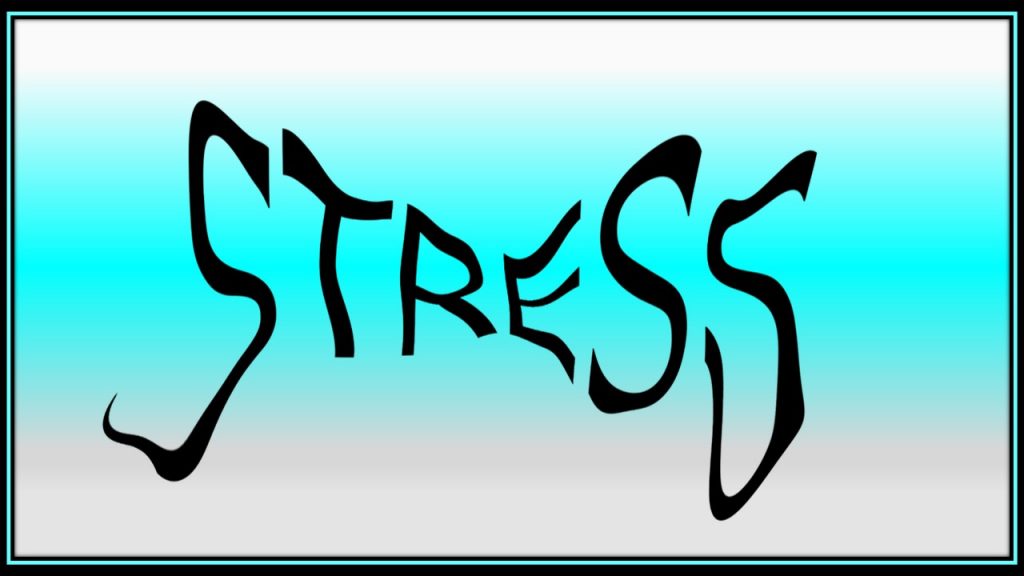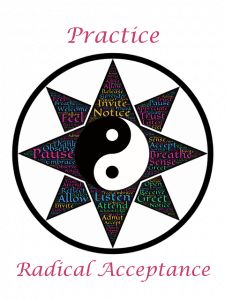
HOW DO YOU HANDLE STRESS?
Stress; everyone has some form or degree of it, whether it’s positive or negative. But with a divided nation and a pandemic continuing for over a year now, stress levels have gone off the rails. So what are your stressors, and how do you handle them?
My definition of stress is an external force you choose to internalize. The operative word here is “choose;” it is a choice.
Before we delve into stress management styles, let’s look at a few stressors. I find the following are dominant creators of stress for people today.
- Lack of Time—Being busy does not always mean you’re productive. It may be caused by not having a schedule or routine or just poor time management. Have you misplaced your keys just as you noticed

- Financial Problems—With the pandemic causing job losses, many Americans find it difficult to pay for food and other life necessities, let alone the mortgage or rent. Combined with the financial stress, there’s the impact COVID-19 has. Even before COVID-19, according to a report from The Pew Charitable Trusts, 8 in 10 Americans were in debt. A decrease in income, changes in marital status, health and medical expenses may cause financial problems. So too will the lack of budgeting and money management skills.
- Relationship Conflicts—If your relationships are strained, whether at home or in the workplace, chances are you’ll be stressed about them. Conflicts may occur, exacerbating your anxiety. You and a coworker may disagree on how to complete a project, or your spouse or significant other may be staunch in the way they perform chores that irritate you. Parenting also falls under this stress generator, especially when there are conflicting beliefs about how to raise children.
- Overextending Oneself—People-pleasers frequently fall into this trap, whether it’s not wanting to let people down, afraid of saying no, or wanting to appear favorable or helpful. Another sign of this particular stress factor is if you find yourself in a constant state of overwhelm—too many choices, too many commitments, too many lunch dates, or zoom calls. In effect, too many ‘yeses.’ Biting off more than you can chew is not always the wisest thing to do, and in fact, can cause health issues if you remain in a state of over-doing and not allowing yourself to be.

What is the solution?
The indicators listed above are signals that you may be stressed out or have too much on your plate, and if you want relief, you need to give yourself a pause for some necessary downtime. The choices you make have consequences, and the more conscious they are, the more likely your stress is reduced. You can’t stop a traffic jam, rising costs, the weather, or anything else beyond your control, the external forces that many of us choose to internalize. There are various methods for reducing stress. They include:
- Practice mindfulness. Mindfulness is the act of being here now. It is focusing your attention on what you are doing and your surroundings. See Mindfulness—Simple Steps to Reduce Stress and Anxiety in Your Life for specific exercises you can do.
- Practice Yoga. Yoga is a discipline that connects mind-body by increasing body and breath awareness. And because your focus is on your breath, your mind settles and clears, reducing thoughts that may cause stress. You are in the moment. When here, there is less room for stress to occur.
- Procrastinate later. If you find yourself avoiding or completing difficult tasks, or if you lack time due to distractions, make a plan and stick to it. As they say, “Plan your work, then work your plan.” I have found that scheduling distractions to be an effective way to get everything on my daily to-do list completed.
- Set boundaries. Learning to say no may be challenging at first, so you may want to start small by politely decline a request, such as calling to order a meal. Let the person who asked do it. Then you can move on to saying no to running an errand for something and eventually passing on being project manager for work-related activity.
- Acceptance. I have found the most effective way to lessen the likelihood for stress to occur is through acceptance. By accepting whatever is, just as it is, not what you want it to be. You don’t have to like whatever you’re accepting, but it makes it easier to get through.

From page 417 of The Big Book of Alcoholics Anonymous: (edited)
“And acceptance is the answer to all my problems today. When I am disturbed, it is because I find some person, place, thing, or situation—some fact of my life—unacceptable to me, and I can find no serenity until I accept that person, place, thing, or situation as being exactly the way it is supposed to be at this moment. Nothing, absolutely nothing, happens in God’s world by mistake. Unless I accept life completely on life’s terms, I cannot be happy. I need to concentrate not so much on what needs to be changed in the world as on what needs to be changed in me and in my attitudes.”
If you find yourself overwhelmed, stressed, or anxious, I can help. Schedule your free 15-minute Zoom assessment today!

